Charging Interest on Arrear Levies under the Sectional Titles Schemes Management Act 8 of 2011
The Sectional Titles Schemes Management Act 8 of 2011 (STSMA) governs the management of sectional title schemes in South Africa. One of the key financial aspects of running a sectional title scheme is the collection of levies from owners. When owners fall into arrears, the body corporate has the right to charge interest on outstanding levies to ensure financial sustainability and fairness among all members of the scheme.
Legal Basis for Charging Interest on Arrear Levies
The STSMA and its prescribed Management Rules provide that the body corporate is entitled to charge interest on unpaid levies. Specifically:
Prescribed Management Rule (PMR) 21(3)(c) states that the body corporate may charge interest on overdue amounts at a rate specified by its rules, provided the rate does not exceed the maximum allowed under the National Credit Act.
The interest rate must be determined at a general meeting of the body corporate and recorded in the scheme’s financial policies.
Purpose of Charging Interest
Charging interest on arrear levies serves several important purposes:
Encouraging Timely Payments: Owners are incentivized to pay their levies on time to avoid accumulating additional costs.
Maintaining Financial Stability: Sectional title schemes rely on levy payments for maintenance, security, and operational expenses. Interest charges help compensate for the financial shortfall caused by non-paying owners.
Fairness to Paying Owners: When some owners default on levies, compliant owners end up carrying the financial burden. Interest charges act as a deterrent against prolonged non-payment.
Determining the Interest Rate
The body corporate has discretion in setting the interest rate, but certain guidelines apply:
The rate must be reasonable and comply with legal limits.
It must be approved at a general meeting of owners.
It must be clearly communicated to all owners in the scheme’s financial policies and levy invoices.
Enforcement of Interest on Arrear Levies
To enforce interest charges effectively, the body corporate must:
Issue Formal Levy Statements: Owners should receive detailed levy statements showing outstanding amounts, interest applied, and due dates.
Send Reminder Notices: Early reminders can help owners settle their debts before legal action becomes necessary.
Apply Interest Consistently: To avoid disputes, the body corporate must apply interest charges fairly and uniformly to all delinquent accounts.
Pursue Legal Action if Necessary: If arrears remain unpaid despite interest charges and reminders, the body corporate can take further steps, including engaging debt collectors or applying for dispute resolution through the Community Schemes Ombud Service (CSOS).
Disputing Interest Charges
Owners who believe they have been unfairly charged interest can:
Request a breakdown of their arrears and interest calculations.
Challenge the rate if it was not properly approved or exceeds legal limits.
Seek mediation through CSOS if they believe the interest charges are excessive or incorrectly applied.
Conclusion
The right to charge interest on arrear levies is an essential tool for the financial health of a sectional title scheme. It ensures that owners contribute fairly to the upkeep of the property and discourages non-payment. However, the body corporate must apply these charges transparently, fairly, and within the limits set by law. Owners, in turn, should be aware of their levy obligations to avoid unnecessary penalties and disputes.









